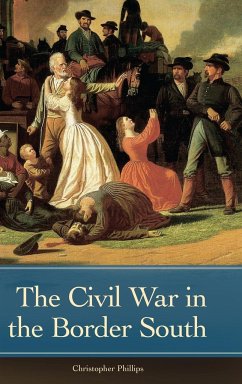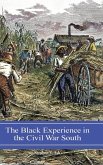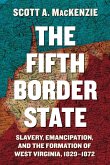The border states during the Civil War have long been ignored or misunderstood in general histories. This book corrects that oversight, explaining how many border state residents used wartime realities to redefine their politics and culture as "Southern." By studying the characteristics of those positioned along this fault line during the Civil War, the centrality of the war issue of slavery, which border residents long eschewed as being divisive, became apparent. This book explains how the process of Southernization occurred during and after the Civil War-a phenomenon largely unexplained by historians. Beyond the broader, more traditional narrative of the clash of arms, within these border slave states raged an inner civil war that shaped the military and political outcomes of the war as well as these states' cultural landscapes. Author Christopher Phillips describes how the Civil War experience in the border states served to form new loyalties and communities of identity that both deeply divided these states and distorted the meaning of the war for postwar generations.
Hinweis: Dieser Artikel kann nur an eine deutsche Lieferadresse ausgeliefert werden.
Hinweis: Dieser Artikel kann nur an eine deutsche Lieferadresse ausgeliefert werden.








